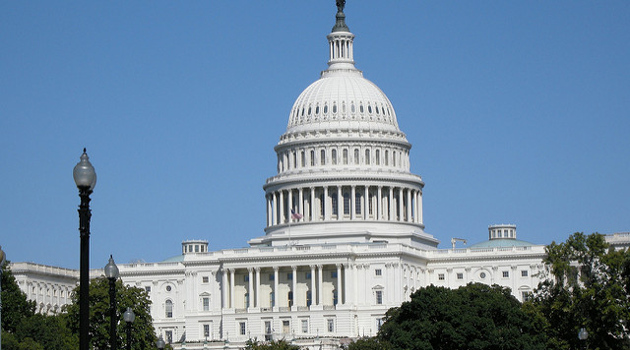
by Dan Mitchell | Nov 17, 2021 | Big Government, Blogs, Government Spending
I’ve periodically warned the European nations such as France, Italy, Greece, and Spain almost surely are doomed to suffer a fiscal crisis. This is because governments in Europe didn’t respond to the 2010 crisis by actually...

by Dan Mitchell | Sep 1, 2021 | Big Government, Blogs, Government Spending, Welfare and Entitlements
In an ideal world, Americans would have personal retirement accounts, just like workers in Australia, Sweden, Chile, Hong Kong, Israel, Switzerland, and a few dozen other nations. But we’re not in that ideal world. We are forced...

by Dan Mitchell | Jul 28, 2021 | Big Government, Blogs, Government Spending, Taxation
Back in 2019, I listed “Six Principles to Guide Policy on Government Spending.” If I was required to put it all in one sentence (sort of), here’s the most important thing to understand about fiscal policy. This does not mean, by the way, that we should...

by Dan Mitchell | Mar 6, 2021 | Big Government, Blogs, Government Spending, Taxation
Two days ago, the Congressional Budget Office released its latest long-run fiscal forecast. The report focuses – incorrectly – on the growth of red ink. And most of the people who have written about the report also have focused – incorrectly –...

by Dan Mitchell | Feb 15, 2021 | Big Government, Blogs, Government Spending, Taxation
The 21st century has been bad news for proponents of limited government. Bush was a big spender, Obama was a big spender, Trump was a big spender, and now Biden also wants to buy votes with other people’s money. That’s the bad news. The good news...






